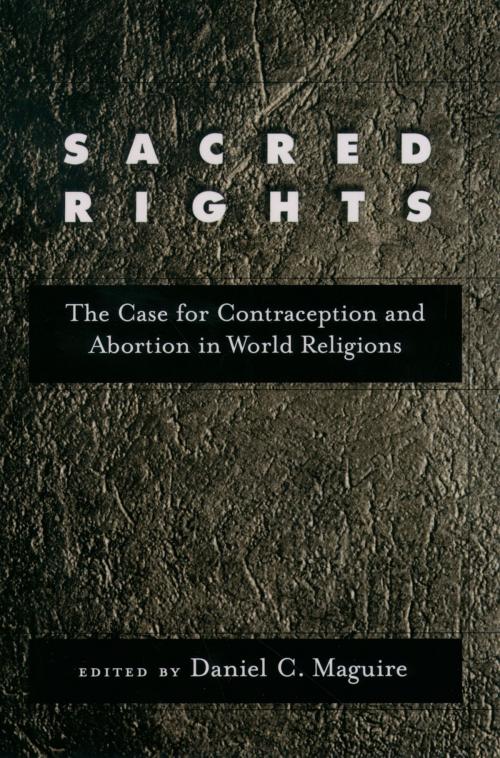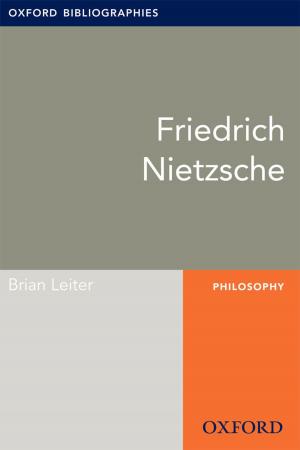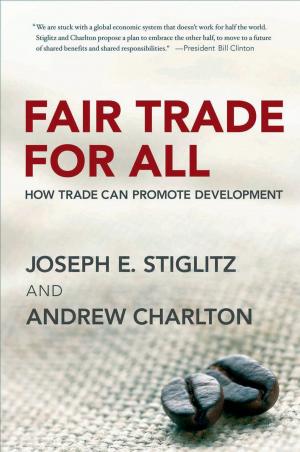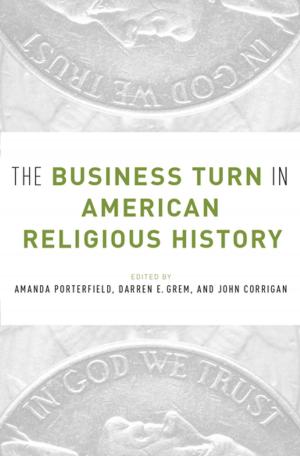Sacred Rights
The Case for Contraception and Abortion in World Religions
Nonfiction, Social & Cultural Studies, Social Science, Gender Studies, Women&, Religion & Spirituality| Author: | ISBN: | 9780190289492 | |
| Publisher: | Oxford University Press | Publication: | April 3, 2003 |
| Imprint: | Oxford University Press | Language: | English |
| Author: | |
| ISBN: | 9780190289492 |
| Publisher: | Oxford University Press |
| Publication: | April 3, 2003 |
| Imprint: | Oxford University Press |
| Language: | English |
This book presents the work of the "Sacred Choices Initiative" of the Religious Consultation on Population, Reproductive Health, and Ethics. The purpose of this Packard and Ford Foundation supported initiative is to attempt to change international discourse on family planning and to rescue this debate from superficial sloganeering by drawing on the moral stores of the world's major and indigenous religions. In many of the world's religions there is a restrictive and pro-natalist view on family planning, and this is one legitimate reading of those religious traditions. As the essays in this volume demonstrate, however, this is not the only legitimate or orthodox view. These authors show that the paramaters of orthodoxy are wider and gentler than that, and that the great religious traditions are wiser and more variegated and nuanced than a simple repetition of the most conservative views would suggest. This theme is carried out in essays on each of the world's major religious traditions, written by scholar practitioners of those faiths.
This book presents the work of the "Sacred Choices Initiative" of the Religious Consultation on Population, Reproductive Health, and Ethics. The purpose of this Packard and Ford Foundation supported initiative is to attempt to change international discourse on family planning and to rescue this debate from superficial sloganeering by drawing on the moral stores of the world's major and indigenous religions. In many of the world's religions there is a restrictive and pro-natalist view on family planning, and this is one legitimate reading of those religious traditions. As the essays in this volume demonstrate, however, this is not the only legitimate or orthodox view. These authors show that the paramaters of orthodoxy are wider and gentler than that, and that the great religious traditions are wiser and more variegated and nuanced than a simple repetition of the most conservative views would suggest. This theme is carried out in essays on each of the world's major religious traditions, written by scholar practitioners of those faiths.















